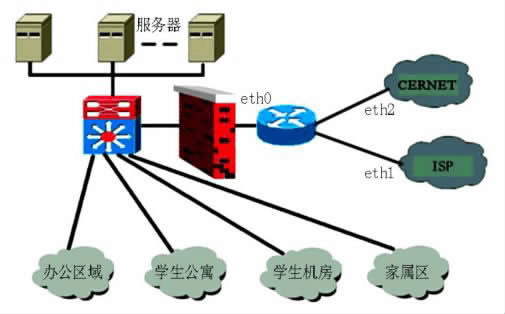|
|
Okay, the user sent "LOCK". I need to figure out what they're asking for. Maybe they want to lock something, like a file or a device. Let me think about possible interpretations.

First, "LOCK" could be a command to lock a file in a programming context. In Unix, there's the flock command or using fcntl. In Windows, maybe using the Windows API. Or perhaps they're referring to locking a database record, like in SQL with SELECT FOR UPDATE.
Alternatively, they might be talking about locking a device, like a USB drive or a door. But without more context, it's hard to tell. Maybe they're asking about the concept of locking in general, like in computer science, which relates to synchronization and preventing concurrent access.
I should ask for clarification. Let me check if there's any standard command named LOCK. In some systems, like Linux, there's the lockfile utility. Or maybe they're referring to a security feature, like locking a phone or computer.
Wait, the user might be using a specific application or system where "LOCK" is a command. Without more info, it's safer to respond by asking for clarification. Let me draft a reply that asks them to provide more context so I can assist better.
It seems you might be asking about "locking" something, but the context isn't clear. Could you clarify what you'd like to lock? For example:
File locking (e.g., in programming or databases like SQL)
Device locking (e.g., USB drives, doors, or digital devices)
System commands (e.g., lock in Unix-like systems or Windows tools)
Synchronization (e.g., concurrency control in software)
Let me know, and I鈥檒l provide details! 馃敀
|
|